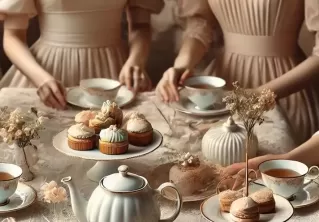The best books for a simple, traditional, and contented life
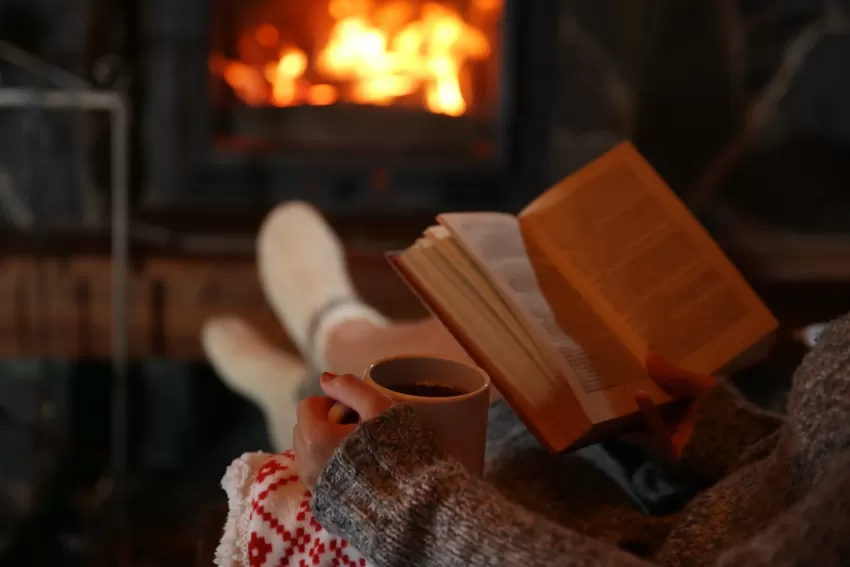
Most people get excited about the start of a new year, and writing in the fresh pages of a planner, but I find myself more enthused over a fresh reading stack, and the opportunity to rest and turn inwards until the weather warms and ‘plans’ begin. I have already been contacted by a few of you in the past week enquiring about our book club, or to ask what I shall be reading this year.
It’s funny to wonder why anyone would be interested in the books I choose to stick my nose in of an evening, but I guess over the years I’ve been quite vocal about what one fills the mind with (as far as TV and books go), and my choices seem to be of interest to the likeminded. Last year we hosted a read-along book club, but with the conflicting schedules of our housewives all over the world, it was somewhat hard to get everyone together at the same time to discuss.
So I thought instead, for this year you might appreciate a look at my personal to-read list for 2021, perhaps find a few ideas, then your choice of books can be read at a pace to suit.
Books on simple, and traditional living.
Contentment, simplicity, and living traditionally are always on my mind, as such, I like to concentrate on those as “subjects to study”, and I find the best place for these is books. There are a few YouTube channels and TV programmes that help me get a fix of “the simple life”, and I’ll dive into those in another post, but for now - the books!
At the beginning of this list are some paperbacks that I have already read over the Christmas period and into the New Year which come highly recommended, but as noted below, the remainder are on my to-read pile and though I cannot vouch for them (yet), I have included the synopsis and my reasons as to why I have picked up these titles.
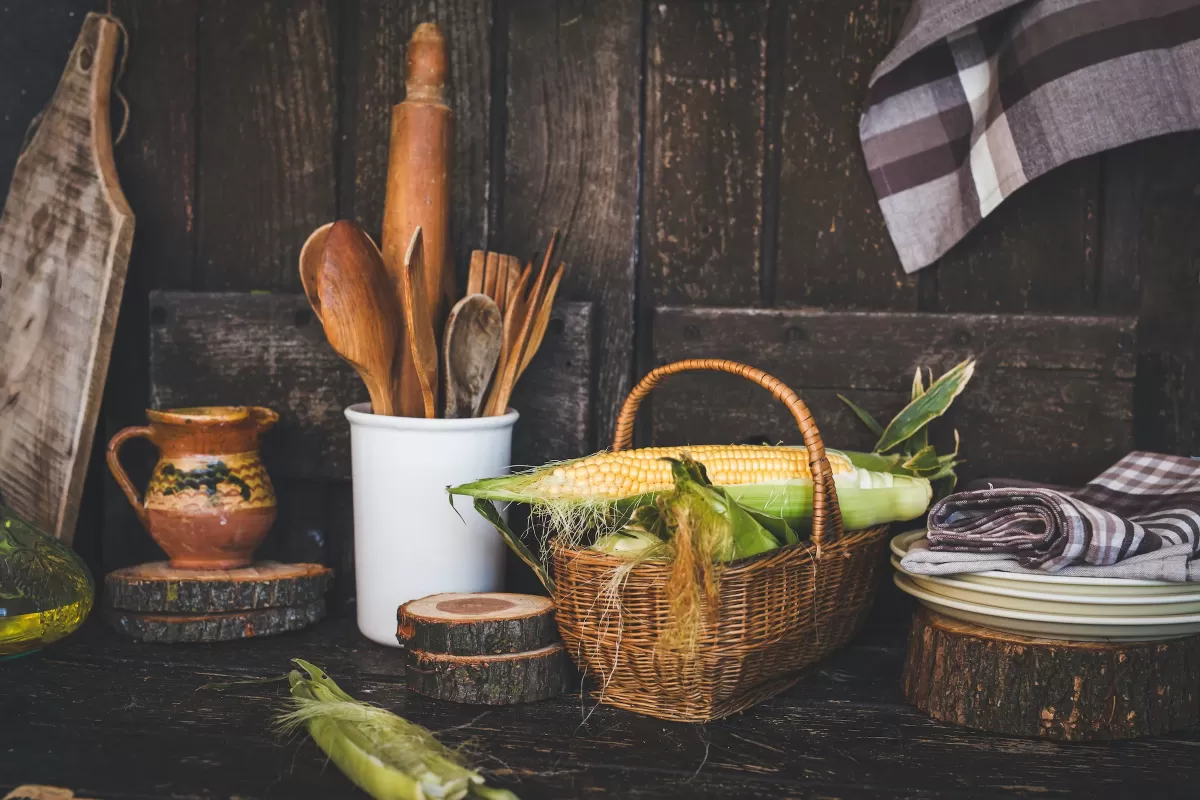
![]()
The One Year Book of Amish Peace - by Tricia Goyer
“What’s admirable about the Amish lifestyle is that it intentionally slows the pace of life so there’s an opportunity to see the every day grandeur of our great God. Not everyone can - or should - adopt an Amish lifestyle. But the Amish can inspire all of us to slow down and simplify our lives. We need to let go of our glittering gadgets in order to grab hold of something of infinitely greater value - the Divine”.
I have always held a deep fascination with the Amish lifestyle, they are not perfect people by any means, but I do think the example by which they live is a good one to explore. I’ll be honest, if I could choose any lifestyle for myself, this one would be it! They live in close knit communities, they depend upon the farmed earth beneath their feet - and respecting it at all times. They honour the seasons of life, the final seasons of their elders, and they value hard work carried out with one’s hands. No person, despite their age or ability is a burden. Life is precious.
I think the reason their way of living is so appealing to me is that they don’t mind being “together”. They believe that many hands make light work, and thus they share the toils and joys of every aspect of life with one another. A stark contrast to our increasingly isolated lives. How wonderful it must be to truly live alongside those in your community, breaking bread, and raising barns! Most of all, “plain” is enough.
The One Year Book of Amish Peace is a comforting book with 365 daily entries that I found myself reaching for - not day after day - but actually most Sundays! Catching up with a week’s worth of stories, quotes, and inspiration deep from the heart of Amish life and experiences. There is so much wisdom in this book that even the shortest of sentences, or timely proverb can lighten your heart. I’ll keep reaching for this one well into 2021.
You may glean knowledge by reading, but you must separate the chaff from the wheat by thinking. Amish Proverb
View “The One Year Book of Amish Peace” on Amazon
The Year of Less - by Cait Flanders
This one I devoured over a weekend. Cait, a young Canadian found herself in nearly $30,000 of consumer debt, and had a terrible relationship with money. When she realised nothing she was doing or buying was making her happy, she embarked on a year-long shopping ban.
Her story follows her progress through the year of decluttering her apartment, and exercising herself of toxic habits.
I found myself in tears towards the end of this book. Many of the experiences and patterns of behaviour in Cait’s early years echoed my own journey, and I found her vulnerability to share that, as well as the transformation that took place, quite emotional.
“The Year of Less documents the 12 months during which Cait spent money only on the essentials - food, bills, car fuel - and steadily cleared out 70 per cent of her belongings. She learned to make do and mend, imposed a television ban and researched the zero waste movement”.
View “The Year of Less” on Amazon
The Contented Soul - by Lisa Graham McMinn
I have barely a few pages of this lovely book left to read. “The Contented Soul” is a reminder that the things that bring us most contentment are not in fact “things”, but intangible moments, community, and living slowly. I have really enjoyed this book, and the synopsis here is enough to show you why it spoke to me;
“Most of us are racing through life at dangerously high speeds, striving for a higher-paying job or a larger house, and volunteering for a hundred activities without ever stopping to notice what we do have or to reflect on who we are apart from all our doing. Our culture teaches that possessions equal success and busyness equals importance—and we have believed the lie. Though we search for contentment, we never find it. Even more, we begin to doubt its existence”.
If you’d like to grab your own copy, I’d be quick as it seems to be out of print so secondhand is your best bet. There appears to be a few physical copies available on Amazon, or if you have an e-reader then you can get one for your Kindle.
View “The Contented Soul” on Amazon, or Kindle.
![]()
Suggested reading for happy housewives.
I say it a lot, and am beginning to sound like a broken record, but you set the tone for your home! A contented, well-rested, and mindful mother and wife is a blessing to her beloved, and her brood.
As a housewife, you set the tone for your home! Alena Kate Pettitt
With this in mind, it’s helpful to see yourself as a conduit of sorts. How you perform in your role as homemaker, confidant, caretaker, and matriarch depends on your health. That means mind, body, and soul! The things you consume (not just food) really do have a knock-on effect on how your day goes, and indeed the atmosphere within your home.
This reading list for 2021 has been carefully selected to nourish my soul. I used to read fiction that was full of suspense, and “drama”. I found that it would negatively affect my mood, and my fears. Perhaps I’m too sensitive in that regard, but it was an area I identified that needed changing, and so I chose to “intentionally and mindfully” choose only wholesome books for my own good.
I’ll admit, I’m not much of a fiction reader anymore, instead I now like to make my reading time an opportunity to learn from other people’s experiences and garner wisdom from those who have gone before. Or tales from those who are travelling the narrow path and share their insights on how to do it. So here is my stack of books, in the order in which I am hoping to read them, as some are seasonal.
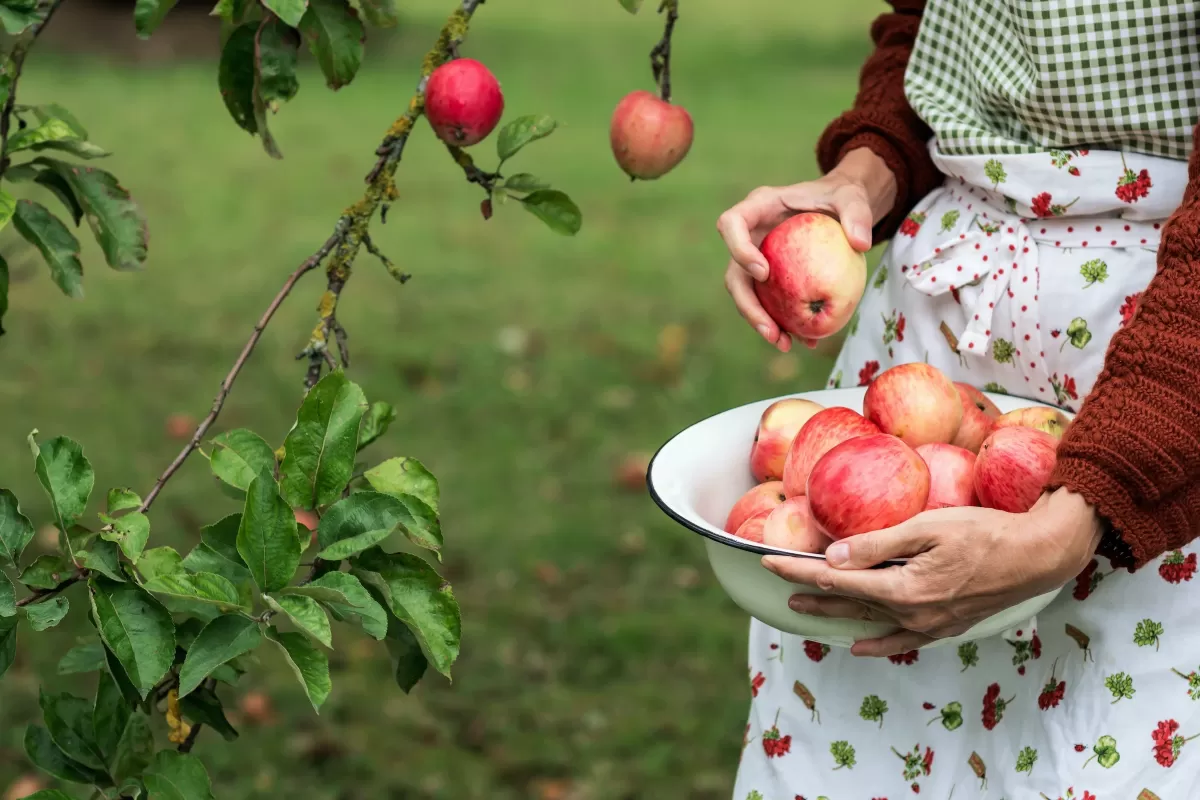
Wintering - by Katherine May
I have Andrea from our Facebook group to thank for this suggestion. She saw the title and thought I would enjoy it, and having read the synopsis, I’m inclined to agree! As it’s still winter (and also appropriate for what we are going through right now), I have chosen this as my next read.
“Wintering is a poignant and comforting meditation on the fallow periods of life, times when we must retreat to care for and repair ourselves. Katherine May thoughtfully shows us how to come through these times with the wisdom of knowing that, like the seasons, our winters and summers are the ebb and flow of life”.
I absolutely adore the use of “fallow” to describe some periods of our lives. We’re always taught that we should be “doing”, or indeed, achieving. However, for so many of us we’re not really in that season right now. Perhaps the timing of this over-winter third lockdown is the blessing we never knew we needed. A reminder to rest.
The Secrets of the Lavender Girls - by Kate Thompson
My only fiction book in the list! Many of you are aware of my fascination with the lives of women during WW2, not to mention my collecting of 1940’s kitchenalia, cooking up ration recipes, and I love just about any movie or TV show set in wartime, or post-wartime eras, so it makes sense that one would deep-dive into these equally heartwarming and heartbreaking sagas! I adore Kate’s writing because her stories don’t just come from any old place, she spends hours interviewing men and women who lived during the blitz, particularly in the East End of London (a place I happen to have a family connection with). Her characters and plots are inspired by real history. The Allotment Girls was a favourite, and Secrets of the Homefront Girls, set at the Yardley factory requires you to read it mascara-free, and with plenty of tissues to hand!
The “Lavender Girls” instalment follows the series on from “Secrets of the Homefront Girls”, and will be released in paperback on or around 21st January 2021. I have already pre-ordered my copy to read at the end of this month!
I highly recommend Kate Thompson’s ‘Homefront Saga’ books, but I implore you to read “The Stepney Doorstep Society” too (non-fiction) which is a series of interviews with those very wartime matriarchs! Absolutely fascinating, and so respectful. It brought a tear to my eye.
View “Secrets of The Homefront Girls”, and “Secrets of the Lavender Girls” on Amazon
The No Spend Year - by Michelle McGagh
This one was recommended to me by my friend Jules. It came off the back of a conversation when I had just finished reading “The Year of Less” one weekend, and she thought I’d like this one too. Michelle McGagh has done a few Ted Talks which you can see here. It’s definitely food for thought on how we can potentially impact our finances for the better this year by simply not buying things.
“Michelle McGagh has been writing about money for over a decade but she was spending with abandon and ignoring bank statements. Just because she wasn’t in serious debt, apart from her massive London mortgage, she thought she was in control. She wasn’t.
Michelle took a radical approach and set herself a challenge to not spend anything for an entire year. She paid her bills and she has a minimal budget for her weekly groceries but otherwise Michelle spent no money at all.
She found creative ways to live have a social life and to travel for free. She has saved money but more importantly she is happier. Her relationship with money, with things, with time, with others has changed for the better”.
Please note: I’m slightly concerned over this title in particular. I consider books to be an “essential” for my mental wellbeing. Though I am interested in minimalism, and indeed decreasing my consumption of “things”, I can’t imagine books could ever come into a “no spend” equation for me. It must be a lifelong bookworm-turned author thing, but I’ve tried e-readers and nothing beats a real book! There are libraries too I know, but the pleasure of book ownership is something I’m still needing to be convicted over. We’ll see how I feel once I read it!
View “The No Spend Year” on Amazon
The Way Home - by Mark Boyle
The subtitle of this book is “tales from a life without technology”. Doesn’t that sound bliss? Don’t get me wrong, I think technology is wonderful in many ways, but when it subconsciously starts to rule our time and attention, rather than us having clear boundaries and ultimate control over it, it’s slightly concerning. I wouldn’t want to eschew all technology. I love my camera, my laptop that assists my writing, and all praise to the washing machine and dishwasher - but there is some tech I would rather do without. I’m looking at you mobile phone! Mindful usage of my phone is something I want to work on as a personal goal this year, and hopefully this book will shine a light on how “it’s not all bad” to live without the things we have been brainwashed into thinking we ‘need’.
“No running water, no car, no electricity or any of the things it powers: the internet, phone, washing machine, radio or light bulb. Just a wooden cabin, on a smallholding, by the edge of a stand of spruce.
In this honest and lyrical account of a remarkable life without modern technology, Mark Boyle explores the hard won joys of building a home with his bare hands, learning to make fire, collecting water from the spring, foraging and fishing.
What he finds is an elemental life, one governed by the rhythms of the sun and seasons, where life and death dance in a primal landscape of blood, wood, muck, water, and fire – much the same life we have lived for most of our time on earth. Revisiting it brings a deep insight into what it means to be human at a time when the boundaries between man and machine are blurring”.
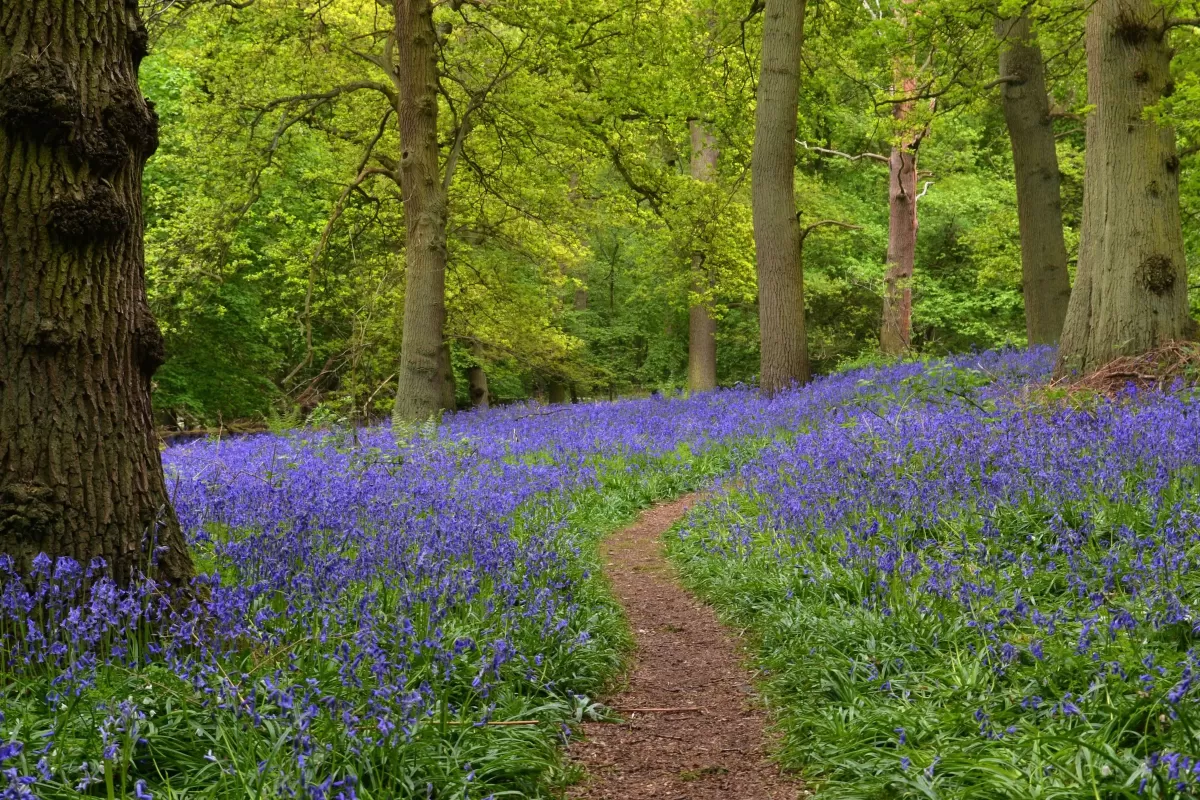
Wilding - by Isabella Tree
“Wilding”, along with aforementioned “The Way Home” were both Christmas gifts from my Grandfather. His love of growing things, and my Grandmother’s love of her garden and the natural world really fostered in me a deep appreciation for creation. If my first dream of running away to live simply with the Amish was put on hold due to a vast fortune and estate being magically inherited or won, the story of “Wilding” is my second dream… I’d buy a vast estate and give it back to nature. Forever protecting it from development, and running free and barefooted in the wilds I had helped to regenerate. Bliss.
“Forced to accept that intensive farming on the heavy clay of their land at Knepp was economically unsustainable, Isabella Tree and her husband Charlie Burrell made a spectacular leap of faith: they decided to step back and let nature take over. Thanks to the introduction of free-roaming cattle, ponies, pigs and deer – proxies of the large animals that once roamed Britain – the 3,500 acre project has seen extraordinary increases in wildlife numbers and diversity in little over a decade.
Extremely rare species, including turtle doves, nightingales, peregrine falcons, lesser spotted woodpeckers and purple emperor butterflies, are now breeding at Knepp, and populations of other species are rocketing. The Burrells’ degraded agricultural land has become a functioning ecosystem again, heaving with life – all by itself”.
View “Wilding” on Amazon
The World-Ending Fire - by Wendell Berry
Speaking of farming, Wendell Berry is a new hero of mine as I have already dipped into this book a little bit. It’s one of those wonderful collections of writings that you don’t have to read all at once. Berry, having eschewed most modern technology decided “the common culture” wasn’t for him, instead choosing to create for himself and his family a lifestyle that finely demonstrates two of my favourite social philosophies, “agrarianism”, and “localism”. He is a wonderful example of slow, contented living. The synopsis of this book of essays reads;
“Wendell Berry is ‘something of an anachronism’. He began his life as the old times and the last of the old-time people were dying out, and continues to this day in the old ways: a team of work horses and a pencil are his preferred working tools. The writings gathered in The World-Ending Fire are the unique product of a life spent farming the fields of rural Kentucky with mules and horses, and of the rich, intimate knowledge of the land cultivated by this work. These are essays written in defiance of the false call to progress, and in defence of the local landscapes that provide our cultural heritage, our history, our home.
In a time when our relationship to the natural world is ruled by the violence and greed of unbridled consumerism, Wendell Berry speaks out to defend the land we live on. With grace and conviction, he shows that we simply cannot afford to succumb to the mass-produced madness that drives our global economy. The natural world will not withstand it”.
View “The World-Ending Fire” on Amazon
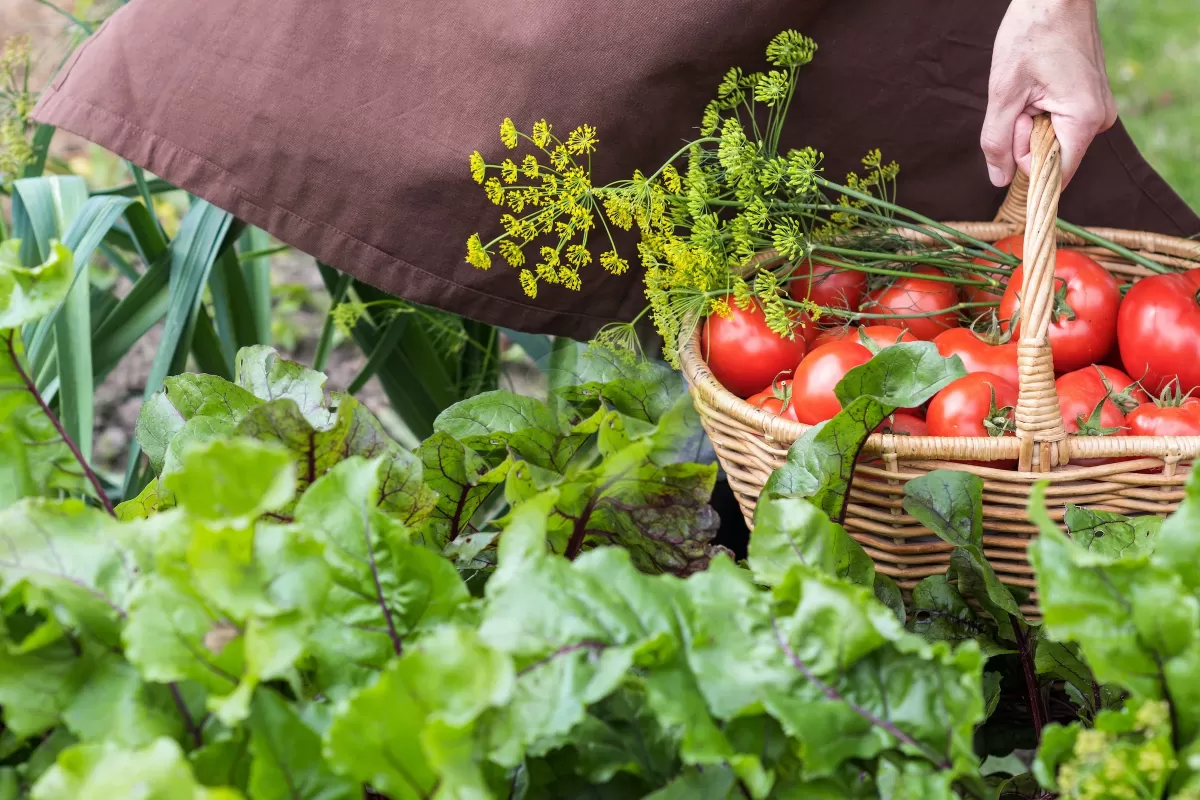
To The Table - by Lisa Graham McMinn
Another book from the author of The Contented Soul, this one follows on from Wendell Berry’s beliefs that a happy life is a local life - breaking bread with, and feasting from the efforts of the community that surrounds you.
“With the growing farm-to-table movement and popularity of local farmers’ markets, we are becoming more conscious of where our food originates. This spirituality of eating and food helps us reflect on current realities and understand how eating forms our souls inwardly, upwardly, and outwardly. The author offers practical guidance on what it means to eat alone or in community with more intention, compassion, humility, and gratitude. She also tells the story of food as it transitions from seed to table”.
Walking Gently on the Earth - by Lisa Graham McMinn
Yes, I seem to be quite invested in this author! ‘Walking Gently on the Earth’ beautifully echoes a personal conviction of mine that we should be aiming to “live on Earth as it is in Heaven”. I remind myself of this goal daily, and from the synopsis and subtitle “making faithful choices about food, energy, and shelter”, I can’t help but feel I’ll love this book.
“God created the world in a delicate balance for the good of all plants, animals and people. Tragically, though, from the Fall to today, we as humans have lived in ways that keep living things—including fellow human beings—from surviving at all, much less flourishing. But we can change that. Sociologist and author Lisa McMinn and Megan Anna Neff invite you to rediscover, through new eyes, the beauty and goodness of our earth, and to make faithful choices that will help it prosper.
Covering such topics as farming practices, slave labour, consumer power, climate change, alternative energy sources, and family size, Lisa clearly demonstrates the effects of our choices and makes it easy for us to choose with discernment, with lists of resources and organisations at the end of each chapter. Infused throughout is a deep celebration of the earth God made and declared “excellent in every way” (Genesis 1:31). Come and read. Then go and live with intention, using the power of your choices to walk gently on an earth that is beautiful and broken, that it might come to flourish once again”.
View “Walking Gently on the Earth” on Amazon
Timeless Simplicity - by John Lane
The final book in my list. A title to round-up, or “sum up”, my aim for 2021; to live simply, in a timeless, yet contented and comfortable way. Taking inspiration from generations past, and removing myself as much as possible from the conspicuous consumption pushed upon us by the media and advertisers today.
“This is a book about simplicity – not destitution, parsimoniousness or self-denial, but the restoration of wealth in the midst of an affluence in which we are starving the spirit. It is a book about the advantages of living a less cluttered, less stressful life than that which has become the norm in the overcrowded and manic-paced consuming nations. It is a book about having less and enjoying more, enjoying time to do the work you love, enjoying time to spend with your family, enjoying time to pursue creative projects, enjoying time for good eating, enjoying time just to be”.
View “Timeless Simplicity” on Amazon
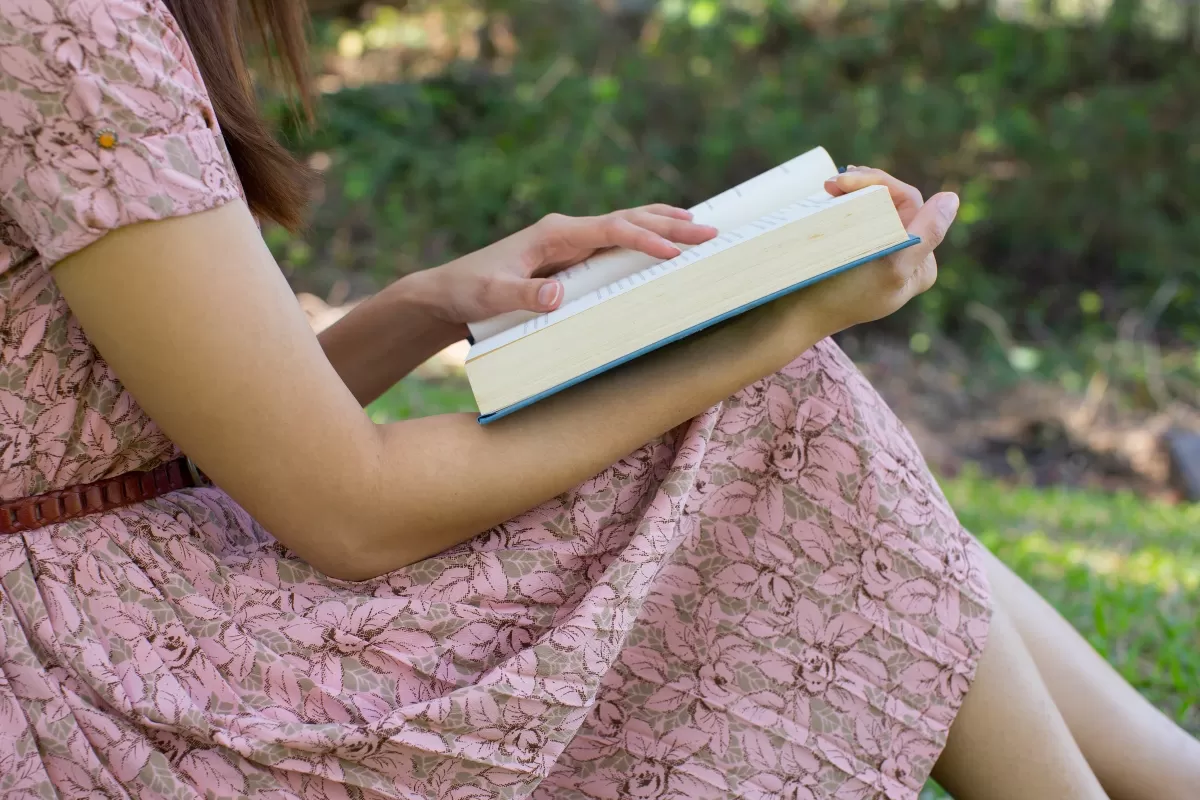
![]()
Perhaps it’s just me, but it feels like there is so much promise in these books I have curated. A collection of heartfelt writings from humble, helpful, people, and some practical advice on living “right”, that will help lead me toward a simpler, but far richer existence. That’s my hope anyway.
Here’s to books that do good, and their generous authors. Here’s to the cheap therapy, and wholesome inspiration they can provide!
If we encounter a man with rare intellect, we should ask him what books he reads. Ralph Waldo Emerson
Read your way to a simple, contented life.
I’ll be honest, I don’t think it’s possible to marry the goal of seeking “contentment” with a frenetic lifestyle. If there’s one thing you can do for yourself this year to help slow down, it’s simply to be still and read good things. Make time for it, and make it your time. Then go forth and do those good things you read about!
I hope you enjoyed this list, and found something that piqued your interest.
Happy Homemaking (and reading)!
Alena xxx
Author of “Ladies Like Us” and “English Etiquette”
If you like our values and found this post useful or inspiring, would you kindly consider supporting the blog.
All content and images in this article are copyright of The Darling Academy and are not to be shared or reproduced without our express permission. Affiliate links have been used in this post.


